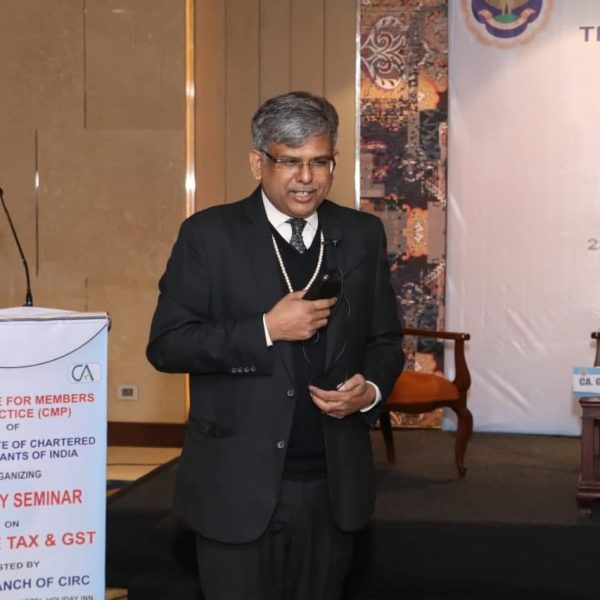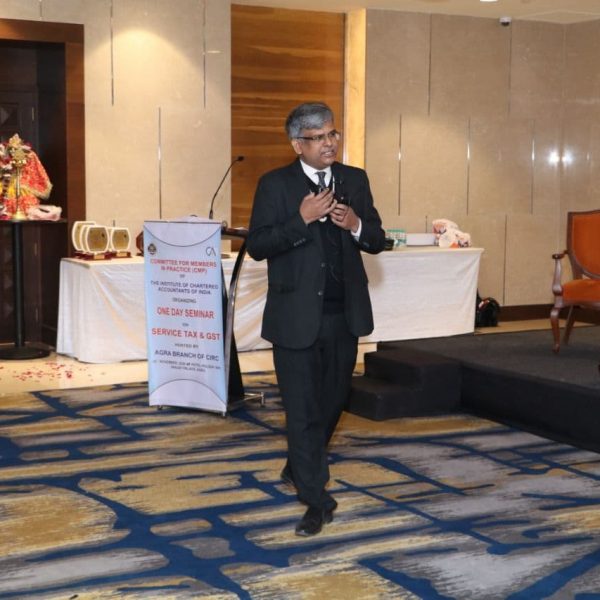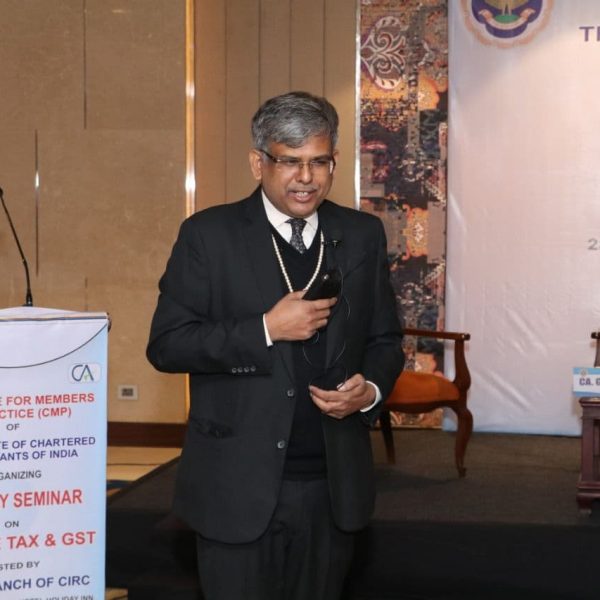- Custom as Source of Law
Introduction: Customs are the oldest sources of law and form the basis of the English Common Law system as we see it today. customs can be described as cultural practices that have become definite after a long time and are backed by obligation or sanction just by virtue of widespread practice and continued presence for a long time. Custom is the embodiment of those principles which have commended themselves to the national conscience as principles of justice and public utility.”
Definition of customs:
“Custom is the embodiment of those principles which have commended themselves to the national conscience as principles of justice and public utility.”
For Salmond, a valid custom has absolute legal authority which is the force of law in itself. He divides Customs into two:
General Custom – A general custom has the force of law throughout the territory of a state. For example, the Common Law in England.
Local Custom – The local customs are those that operate under the force of law in a particular locality. The authority of a local custom is higher than that of a general custom.
C.K. Allen defines custom as a “legal and social phenomenon growing up by forces inherent in society—forces partly of reason and necessity, and partly of suggestion and imitation.”
J.L. Austin
“Custom is a rule of conduct which the governed observe spontaneously and not in pursuance of law settled by a political superior.”
Austin’s ideas were often seen in contravention to customary law because, for him, the political superior was the only source of law and customs were not ‘real law’. They needed the assent and command of the Sovereign to be considered law.
Robert Keeton
“Customary law may be defined as those rules of human action established by usage and regarded as legally binding by those to whom the rules are applicable, which are adopted by the courts and applied as a source of law because they are generally followed by the political society as a whole, or by some part of it.”
Origin of Customs
In primitive societies, there was no external authority over people, yet people organized themselves in cohesive groups with a mechanism for fairness and liberty.
People developed rules and regulations through spontaneous reactions to their circumstances as well as a coordinated conscious decision to arrive at them.
Eventually, people started recognizing traditions, practices, and rituals that were prevalent in a certain territory or group of people and saw how they formed a systematized approach to social regulation.
In Britain, Jurists and legislators started studying these patterns, recording their prevalence, usage, and applicability. These came to be known as customs, which were then formalized and put into legislation in the Common Law of England.
There are two philosophers with alternate views as to how customs originate.
Sir Henry Maine
According to Sir Henry Maine, “Custom is conception posterior to that of Themistes or judgments.” Themistes were judicial awards that were dictated to the King by the Greek goddess of justice. He explained, “Themistes, Themises, the plural of Themis, are the awards themselves, divinely dictated to the judges.He described the development of law in distinct steps. These are:
- Divine Law by Rulers under divine inspiration: At the first stage, the law was given by rulers who sought divine sanction for their commands. They were believed to be messengers of God, laying out the law for the people.
- Developing Customs: Gradually, as people get into the habit of following the dictates of their rulers, they develop into customary law, and become a part of people’s daily living.
- Knowledge of law in the hands of priests: The knowledge of customs and practices is then studied primarily by religious people. This is possible due to the weakening of the power of the rulers over the people. Priests study customs, recognize patterns, understand their relevance, and formalize customs.
- Codification: The last and final stage is that of codifying these laws. Priests study customs meticulously and put it on paper. This code is then promoted and spread to newer areas and territories.
- Holland: According to Holland, “Custom is a generally observed course of conduct”. Holland says that custom originated in the conscious choice by the people of the more convenient of the two acts. For Holland, customs grow through imitation. In early political societies, the king or the head of the society did not make laws but administered justice according to the popular notions of right and wrong, whichever were enshrined in the course of conduct pursued by people in general. What was accepted by the generality of the people and embodied in their customs was deemed to be right and what was disapproved by them or not embodied in their customs was deemed to be wrong.
Types of Customs
There are two broad categories into which customs can be divided. These are customs without binding obligations and customs with legally binding obligations.
- Customs without binding obligation i.e. Social custom: These customs are not enforceable by law, but are still prevalent in society and have societal sanctions attached to them. For example, every society has some customs about how to dress, how to address elders or how to conduct marriages, etc. These are not legally binding but can still have powerful sanctions attached to them. For example, if a person comes to a funeral wearing colorful clothes, he will be ostracized and alienated by others around him. These customs, although not binding, hold tremendous importance in society and must be followed uniformly for the efficient functioning of society. Every one of these customs is pursued because of the fear that non-recognition of such customs may lead them to be socially outcasted. Such customs are non-authoritative as they are not mandatory to pursue. Individuals follow them due to the social pressure of society. At the point when a custom of this sort is abused, society typically responds by demonstrating social dismay or ostracization; however, it has no sanction in the true sense of the term. Such customs can be called ‘Social Customs’.
- Customs with binding obligations: In this classification, those customs are discussed which in an objective and stringent sense are viewed as the particular obligations and commitments of men. Such customs may direct the commitment of marriage and the upbringing of children, the transmission of property, etc. Such customs don’t relate to the circle of social conventions, outward propriety, or style; rather, they are worried about the genuine business of society, the work that must be practiced in request to verify and ensure necessary conditions for community living. Customs under this category have sanctions that are more stringent than the previous category. If these customs gain widespread acceptance, they acquire legal character. On violation of these customs, adequate penalty is incurred by the violator as per the statute that governs the particular custom.
These can be further divided into (1)Legal Customs and (2)Conventional customs.
1 Legal customs: The sanction of a legal custom is certain and absolute. It is negative in its operation, in the sense that, if the custom is not followed, certain desired consequences would take place. For example, if you do not follow the custom of marriage properly, that marriage will be considered void and any children born out of that marriage will be considered illegitimate. Legal custom is operative per se regardless of any agreement of participant parties contrary to the custom. They are unconditional and absolute in their function and take up the form of law. They are obligatory rules of conduct not based on just faith or convention. According to Salmond, Legal Customs have a legal obligation in itself or ex proprio vigore( by its own force independently ). He divides legal customs further into General and Local Customs which have been discussed earlier.
- Conventional Customs: According to Salmond, ‘A conventional custom is one whose authority is conditional on its acceptance and incorporation in an agreement between the parties to be bound by it.’ A conventional custom or usage is a practice that comes into practice due to it being followed for a long period of time and arising out of a contract between the parties; it does not have any legal character in itself. Thus, a usage or conventional custom is an established norm that is legally enforceable, not because of any legal authority independently possessed by it, but because it has been expressly or impliedly incorporated in a contract between the parties concerned.
Conventional custom may be divided into two types—
- General Conventional Customs and
- Local Conventional Customs.
General Conventional Customs are extensively practiced throughout a particular territory; whereas Local Conventional Customs are limited to a particular place or a particular trade or transaction.
Requisites of a Valid Custom
Reasonability: A custom must be in conformity with basic morality, and a prevailing understanding of justice, health, and public policy. If it is not reasonable in its origin or practice, it cannot be considered a valid custom. For example, Sati was an accepted custom once, but with the modern moral understanding, it is reprehensible, and therefore it cannot be considered a custom today.
This, however, does not mean that every custom must be perfect in its morality or ethical concerns, or contain eternal wisdom, it just needs to be relevant to contemporary times, useful, and capable of being legislated on.
Conformity with Statute Law: custom can’t be in contravention of the existing law of the land. Any practice, however widespread and accepted, if found in violation of any statute of a said territory cannot be considered as a valid custom.
Certain/definite: It must be clear and unambiguous as to what the custom is and how it is practiced. A custom can only hold up in a court of law when it is not indefinite or uncertain. It needs to be absolute and objective in theory and action.
Consistent with general principles of law such as Justice, equity, fairness, promoting liberty, equality, and natural Justice: A custom must be consistent with the general principles of Law which form the basis of every law or statute that exists. These principles form the basis of ideas like Justice, fairness, and liberty, and every custom must be in consonance with these.
Antiquity i.e. followed for a long time: It is necessary for the custom to have been followed for time immemorial. The practice must be so ingrained in society, that legislating it seems like the only natural step. Recent or modern practices cannot be custom until they become firmly established in society.
Continuity: A custom must not be interrupted or its practice must not be sparse. It needs to be continued for time immemorial without any interruption.
Must be peaceful in its practice: Any custom advocating or calling for violence either implicitly or explicitly, cannot be considered as a valid custom.
Must not be opposed to Public Policy: Whatever the public policy may be of the state, the custom operating must conform to the public policy.
Must be General or Universal: According to Carter, “Custom is effectual only when it is universal or nearly so. In the absence of unanimity of opinion, custom becomes powerless, or rather does not exist.”
Theories of Customs
Historical Theory- Common will of the people found in Society in the form of custom.
As indicated by this school, custom contains its legitimacy, since it would not exist at all except if some profound needs of the general population or some local nature of societal needs offer validity to it.
The development of law does not depend upon the subjective will of any person. It is because of the knowledge of the communities and civilizations that have existed throughout history.
Custom is achieved from the common conscience of the general population. It springs from an innate feeling of right. Law has its reality in the general will of the people. Savigny calls it “Volkgeist” which means the common Will of the people.
Analytical Positivism Theory
Austin was the main proponent of Analytical positivism theory. For him, Customs did not have any legally binding force in themselves. Their legal character is always subject to the assent of the Sovereign. For him, customs were merely reflections of law, and were not ‘real law’. Customs need the modification and approval of judges, jurists, or rulers for them to have any binding force on people. This agrees with his idea that all law is the ‘Will of the Sovereign”. Therefore Customs become enforceable only when it becomes the will of the sovereign.
Conclusion: Customs are a very important source of law, which have long historical roots in societies since long, and still hold relevance and are being followed in society to minimize disputes and conflicts in Society and also bring peace and harmony to the Society and therefore can be very easily be adopted as law of land, as such customs have the backing of the members of society. Society is constantly in the process of establishing newer practices as engrained and the need of the time which might in due time turn into usages or customs. We depend on customs and are governed by them, knowingly or not. The English Common law can be interpreted as a formalization of existing customs, and therein lies the importance of having the right customs in society.










